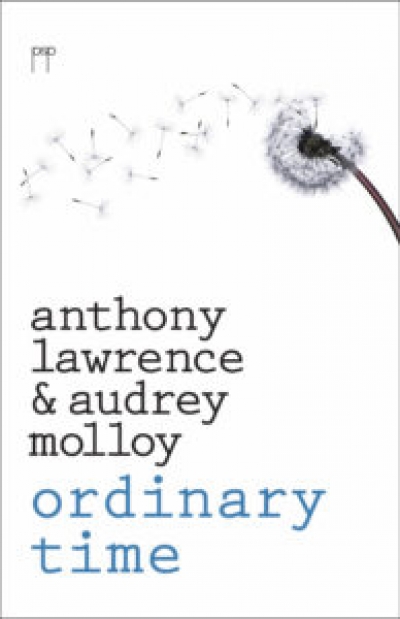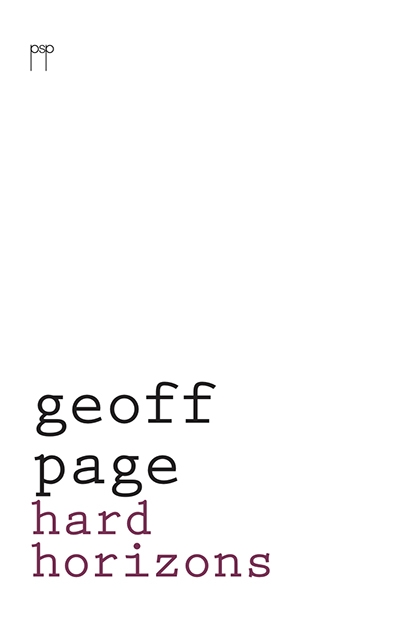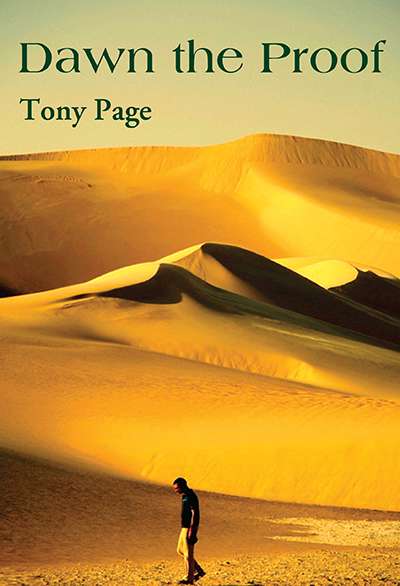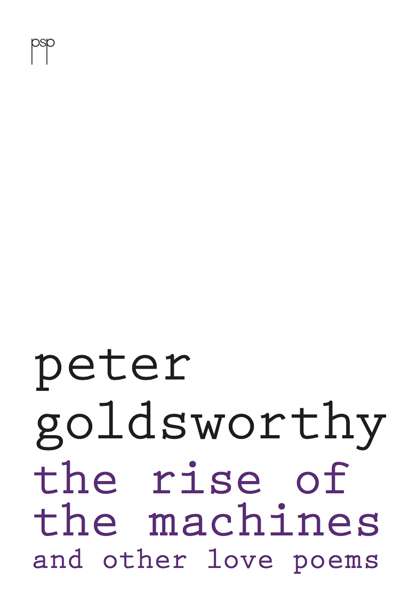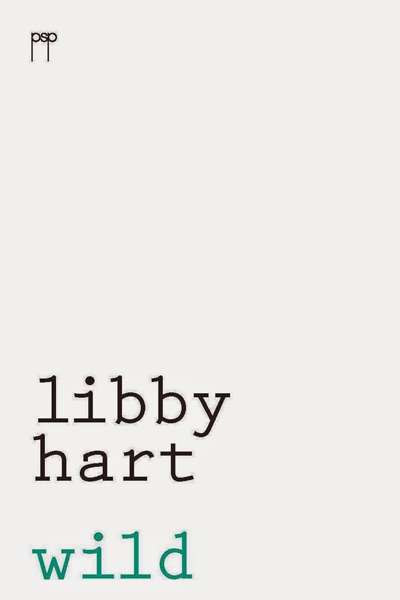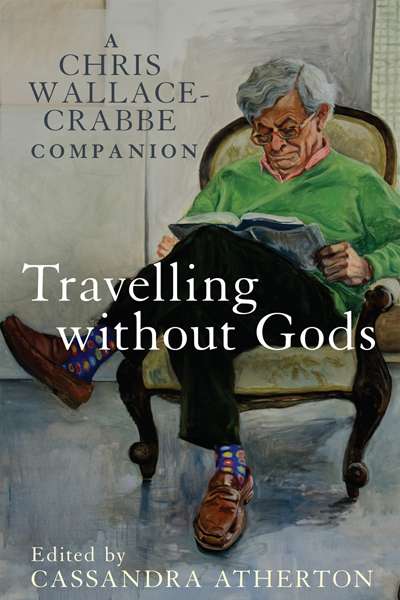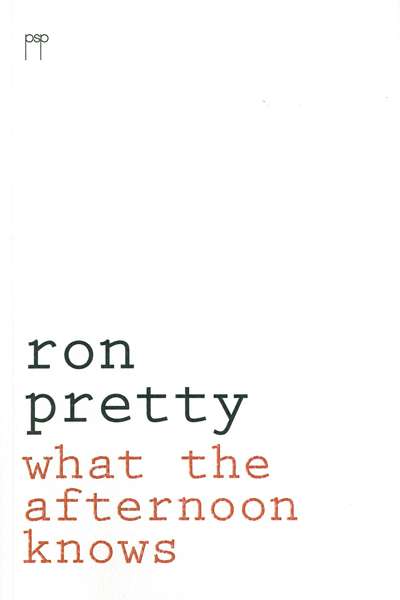Pitt Street Poetry
Tony Page’s Anh and Lucien is an intricately plotted verse novel set in French Indochina during World War II. It centres on an unlikely same-sex love affair between Lucien, a colonial bureaucrat, and Anh, a young Vietnamese communist who supports Ho Chi Minh’s independence movement.
... (read more)Hard Horizons by Geoff Page & The Left Hand Mirror by Ron Pretty
by Dennis Haskell •
Peter Kenneally reviews '101 Poems' by John Foulcher, 'Small Town Soundtrack' by Brendan Ryan, and 'Ahead of Us' by Dennis Haskell
by Peter Kenneally •
Reading these three books in April, it was impossible not to see in them flashes of what Ross McMullin has described in war artist Will Dyson's drawings from World War I ...
... (read more)The Rise of the Machines and other love poems by Peter Goldsworthy
by Philip Harvey •
Travelling Without Gods edited by Cassandra Atherton & My Feet Are Hungry by Chris Wallace-Crabbe
by Anthony Lynch •

